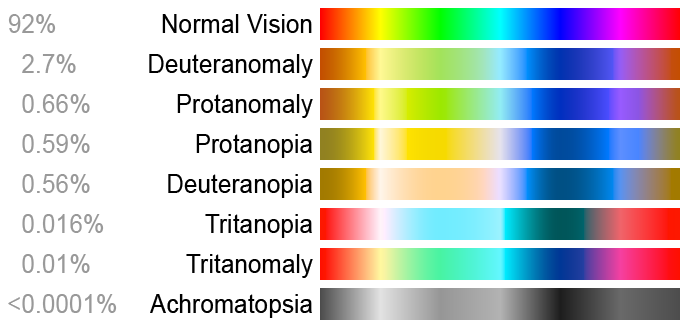Jacob Sowell
New member
- Joined
- Feb 11, 2019
- Messages
- 1
Hey, I'm a newbie, so I'm still watching YT vids about basic electronics. I just started learning about resistors and how to tell the difference. I went online and found a bunch of different materials and compositions. What material and/or composition is best for audio, and who makes the best quality?



